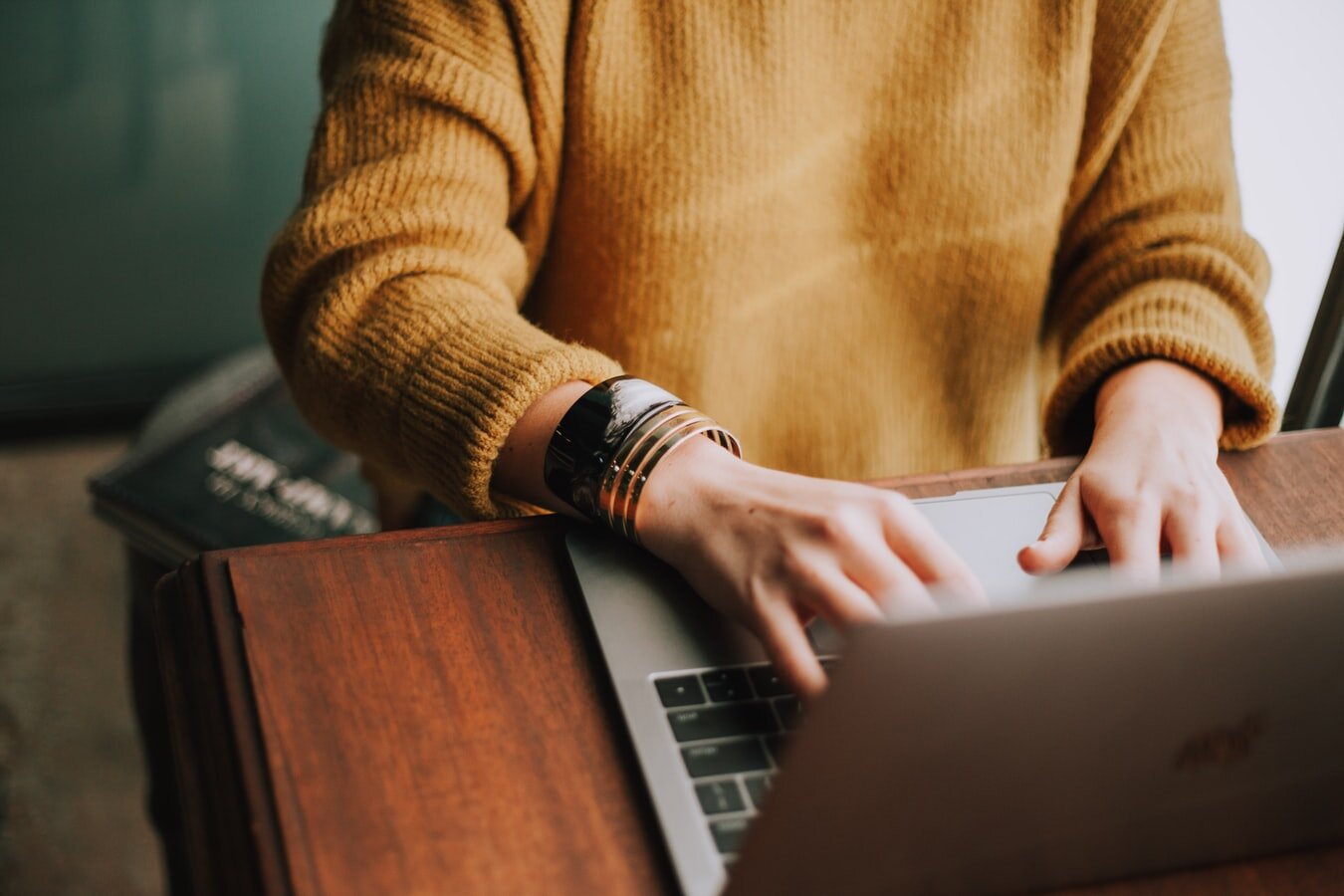If you have experienced cyber bullying, you are certainly not alone. Data has shown it is becoming increasingly common, which can seem scary, but there are ways of protecting yourself and your loved ones online.
Cyber bullying can come in many forms. It might include;
- abusive messages or comments
- hurtful images or videos that are shared without consent
- spreading gossip or nasty rumours online
- excluding or intimidating others online
- setting up fake accounts to trick someone
As a mother to four children, cyber safety is extremely important to our family. Although my kids are still too young to be on social media or texting their friends, it is a conversation we have already had in our household. Our motto is “if you wouldn’t say it to your friends in real life, you don’t say it online!” Kindness shouldn’t stop the minute we are behind a screen.
We have also discussed how and why keeping details of their identity private is so vital.
“Remember what happens on the internet stays on the internet. Always check your privacy settings to make sure only the people you want interacting with you can. Don’t give out any personal information that you wouldn’t tell someone you met in the queue at your local café.” says Maya Zerman, Director of Strategy and Operations at Epworth Clinic.
“Consent is key – Only ever share pictures or information with people you know and always have a conversation with them before you do this about your expectations and what you do and don’t feel comfortable with.”
Of course you can do all of the right things to protect yourself and still experience cyber bullying. When that happens, it’s extremely important to take steps to protect and look after yourself. This might include;
- limiting your screen time
- unfollowing people who make you feel bad about yourself
- blocking and reporting any abusive people or accounts
- speaking to someone you trust about what you’re going through.
- contacting police if you are made to feel unsafe
Cyber bullying can take a huge toll on our mental health and it’s important to know the warning signs.
"What you are looking for is changes in a person’s activities or mood or mobile phone/device usage – if they used to enjoy socialising or a team sport and have stopped going, or avoiding activities they usually partake in," Maya says.
"Changes in sleep (too much or too little), changes in appetite (usually a decrease in appetite and subsequent weight loss) are pretty strong indicators.”
Knowing you have someone to turn to in these times is extremely important, whether it’s a friend, a loved one or a professional.
If you are struggling with cyber bullying or you know someone who is, please don’t hesitate to seek support from a mental health professional. The Epworth Clinic mental health team is made up of psychiatrists, nurses and allied health professionals who specialise in various mental health streams work together, applying a holistic approach to mental health care.
For further resources on cyberbullying and eSafety please visit the eSafety website.
Other tips on how you can use social media in a positive way, while looking after your mental health
- Limit your use of social media.
- Follow and engage with content creators who promote inclusivity and add value to your experience and interests.
- Unfollow, report and block internet trolls or bullies and remember switching off your phone or applications can be a quick solution to ground yourself if you start feeling overwhelmed. Always talk to a friend or trusted person if things feel out of control.
- Switch off – make sure you turn off your social media and put your phone down a couple of hours before you want to sleep so the blue light from your phone doesn’t impact your sleep hygiene.
- Be mindful – mindfulness is something we can all do more of. Constant scrolling is a mindless activity so if you are on social media be present and if you find that you’re automatically scrolling take a break and do something else.
- You are not your Instagram or TikTok account – it’s easy to get caught up in how we want to curate ourselves on our social media and to compare ourselves with others. We are all much more than the two dimensional snapshot we share through these platforms and we must remember to value our whole selves not just how many likes or views we gained.
- Look for the opportunities – social media has democratised learning and created beautiful safe supportive spaces for members of our community to engage with each other. Seek out the good that social media has to offer in our lives and let it enrich your world not control it.
For immediate support please contact Lifeline on 13 11 14.
17 January 2021

